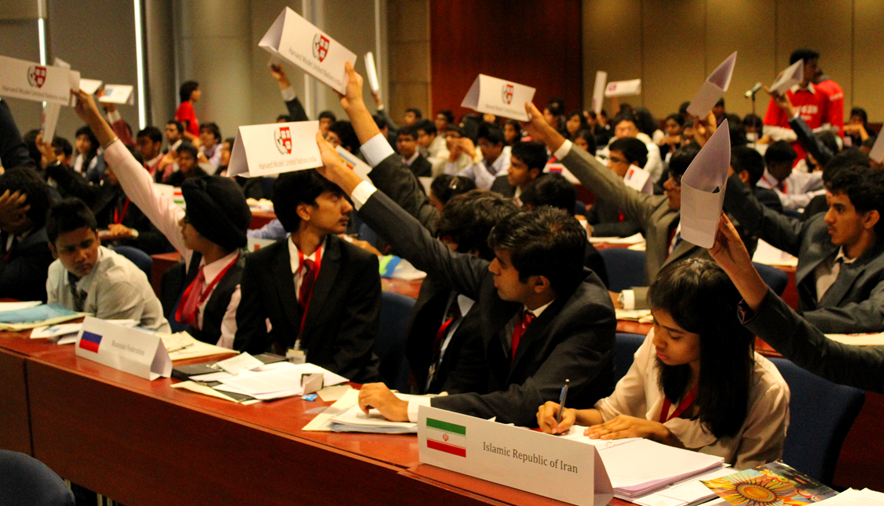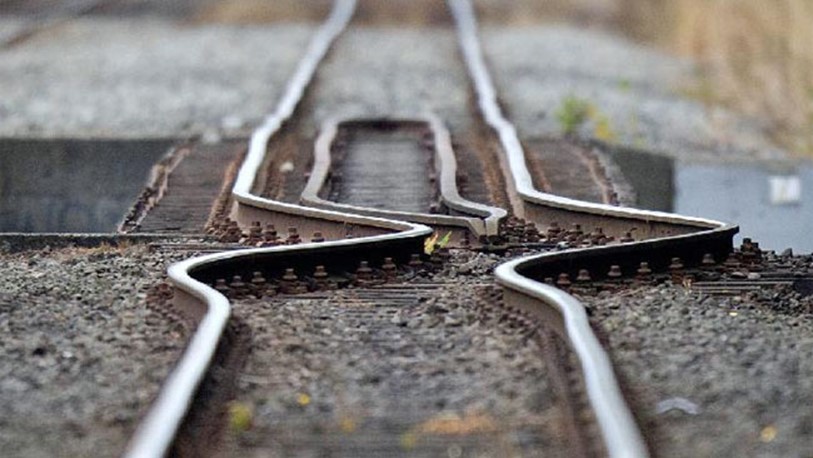What Happens When You Try To Ban Pre-Election Polling
December 7, 2016 in Daily Bulletin

Italian law prohibits the publication of polls in the lead up to votes. And so a fog of war descended upon Italy as its citizens voted in a referendum on constitutional changes, with no one quite sure which way the populace would go (Italians ultimately rejected the changes). Some, however, found creative ways around the rules wrote Annalisa Merelli:
- Polling on the referendum is banned. So, one website featured a poll it took for the results of a vote in the Vatican scheduled for the same day as the referendum. The candidates were San Simplicio “Si” and San Norberto “No”.
- The website did not return request for comment when it was pointed out that there was no such vote scheduled at the Vatican, and certainly no Saints by those names being voted upon.
- Another website showed the expected times for a horse race that no one seemed to know about. One of the horses was, oddly, named “wounded sow” – a somewhat accurate caricature of the government.
- The other horse was named “odd mix” – perhaps a reference to opponents of the constitutional changes who are led by a comedian turned politician.
- Both polls correctly predicted that “No” would win the day.
In the full article Quartz discussed other possible polls in disguise.









Join the Discussion! (No Signup Required)